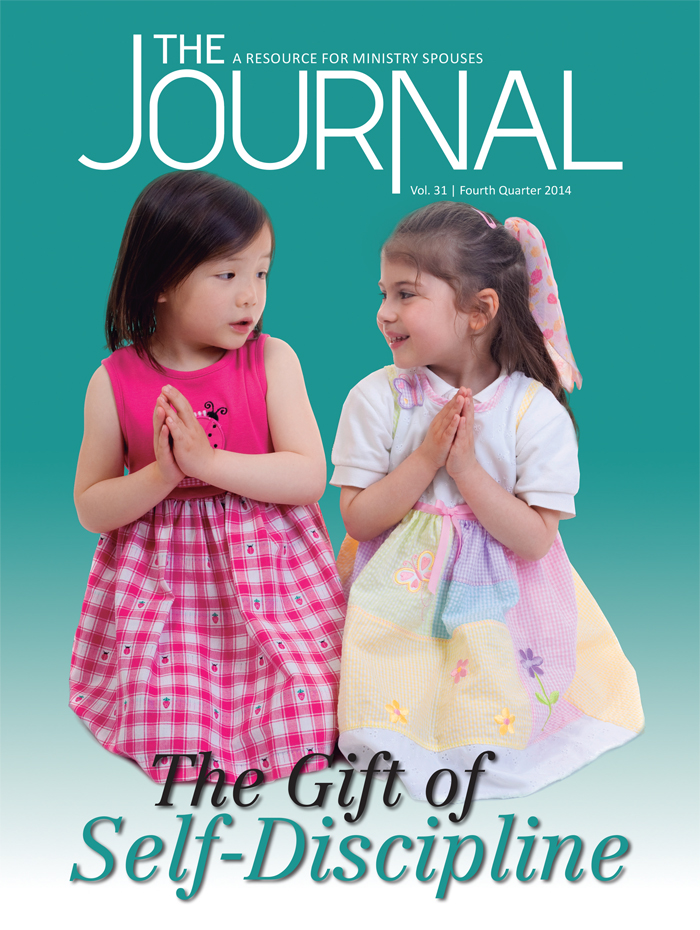“If you’re ever up a tree, phone to me; If you’re ever down a well, ring my bell; If you ever lose your teeth, and you’re out to dine, borrow mine. It’s friendship, friendship, just the perfect blend-ship. When other friendships have been forgate—ours will still be great!”
These are some words from the old Cole Porter song “Friendship”—a fun and entertaining song, but also a meaningful message regarding the importance and role of friendships.
Studies show that good friends can have a positive impact on health, general well-being, and even longevity—all benefits that we rarely appreciate fully. Friendships are important for healthy social development in children, and teenagers greatly value peer relationships. However as we grow into adulthood, our lives overflow with family responsibilities, careers, home duties, church activities, and community demands. We tend to rely more on technology to keep in touch with each other, shrinking our circle of friendships and decreasing the meaningful, face-to-face connections with those friends we still have. As a result, we can easily become isolated, detached, and lonely.
HEALTH BENEFITS OF FRIENDSHIP
“Researchers have found that having even one close friend that you confide in can extend your life by as much as 10 years,” says sociologist and relationship coach Jan Yager, Ph.D., author of Friendshifts.
Because good friends love and care for each other, health benefits from such relationships can include these:
• Boosting happiness and reducing stress by providing
- Emotional support
- A ready, listening ear
- Opportunities for relaxing social interaction.
• Influencing good lifestyle habits, such as
- Healthful dietary choices,
- Fun, beneficial group exercise activities,
- A more balanced lifestyle.
• Increasing our confidence by
- Affirming our strengths and self-worth,
- Encouraging a sense of belonging and purpose,
- Giving opportunities for us to be helpful, caring friends in return.
• Influencing positive outcomes to health challenges by
- Encouraging early physician check-up when we complain of symptoms,
- Enhancing quicker recovery from surgery, illness, and trauma through supportive care,
- Lessoning the emotional burden of a lifethreatening disease.
FINDING NEW FRIENDS
Getting and keeping good friendships takes time and effort. But the investment is well worth it. Remember, it’s not the quantity of friends that matters, but the quality.
Try some of these tactics in order to broaden your bank of friendships:
1. Attend church, work, and community events. Or find a local group with some of your interests, such as gardening, a hobby or craft activity, reading, or a sports interest.
2. Volunteer. Offer your time or talents at the local hospital, your church, a museum, or other organization. It’s easy to connect with people who have mutual interests.
3. Invite folks to your home for a meal or games. Accept invitations by others as you can.
4. Take up a new interest. Join a class at the local gym, senior center, or community college.
5. Get out to walk the dog or work in the garden. This often allows you to strike up a conversation with neighbors.
GROW YOUR FRIENDSHIPS
1. Give your friends space to change, grow, and make mistakes. Accept them with grace, kindness, and encouragement.
2. Have a positive attitude. Every act of kindness is like making a deposit into an emotional bank account. Criticism and negativity decrease the bank account and thus decrease the ties of friendship.
3. Admire your friends’ talents and be happy for their good fortune. Avoid the temptation to compete.
4. Be a good listener. Use eye contact and good body language to let them know you are paying close attention. Be empathetic and don’t give advice unless it is asked for.
5. Be a safe haven for your confiding friend. Keep personal information firmly confidential.
Friendship relationships can offer their own set of challenges. At times we may feel very alone, misunderstood, or even forgotten. However, there is One always available, always close by—our faithful, loving heavenly Friend. And He has promised, “Never will I leave you; never will I forsake you” (Heb. 13:5, NIV).
Good friends are treasures worth hanging onto. It’s never too late to build new friendships and re-establish connection with former ones. The investment we put into making new friends and strengthening old acquaintances will result in improved health and a more optimistic outlook for years to come.
